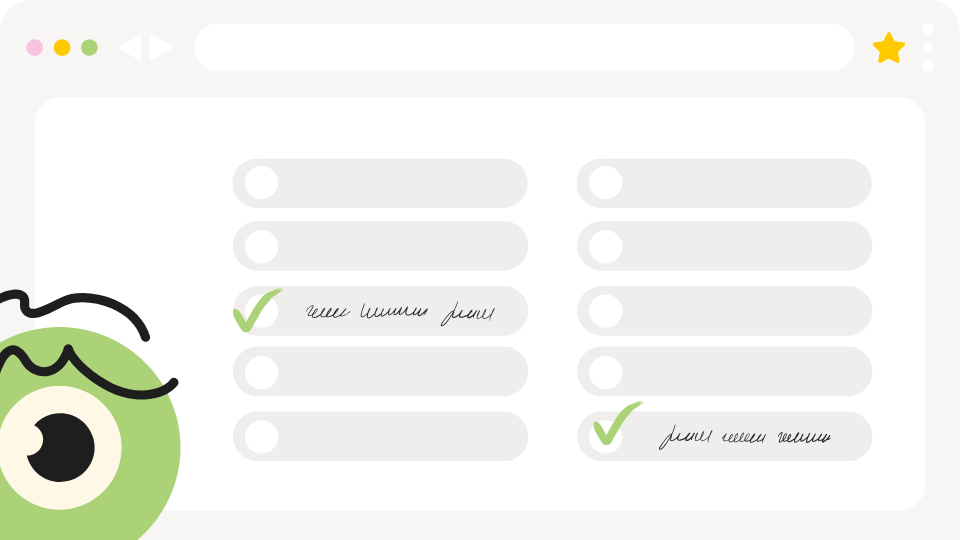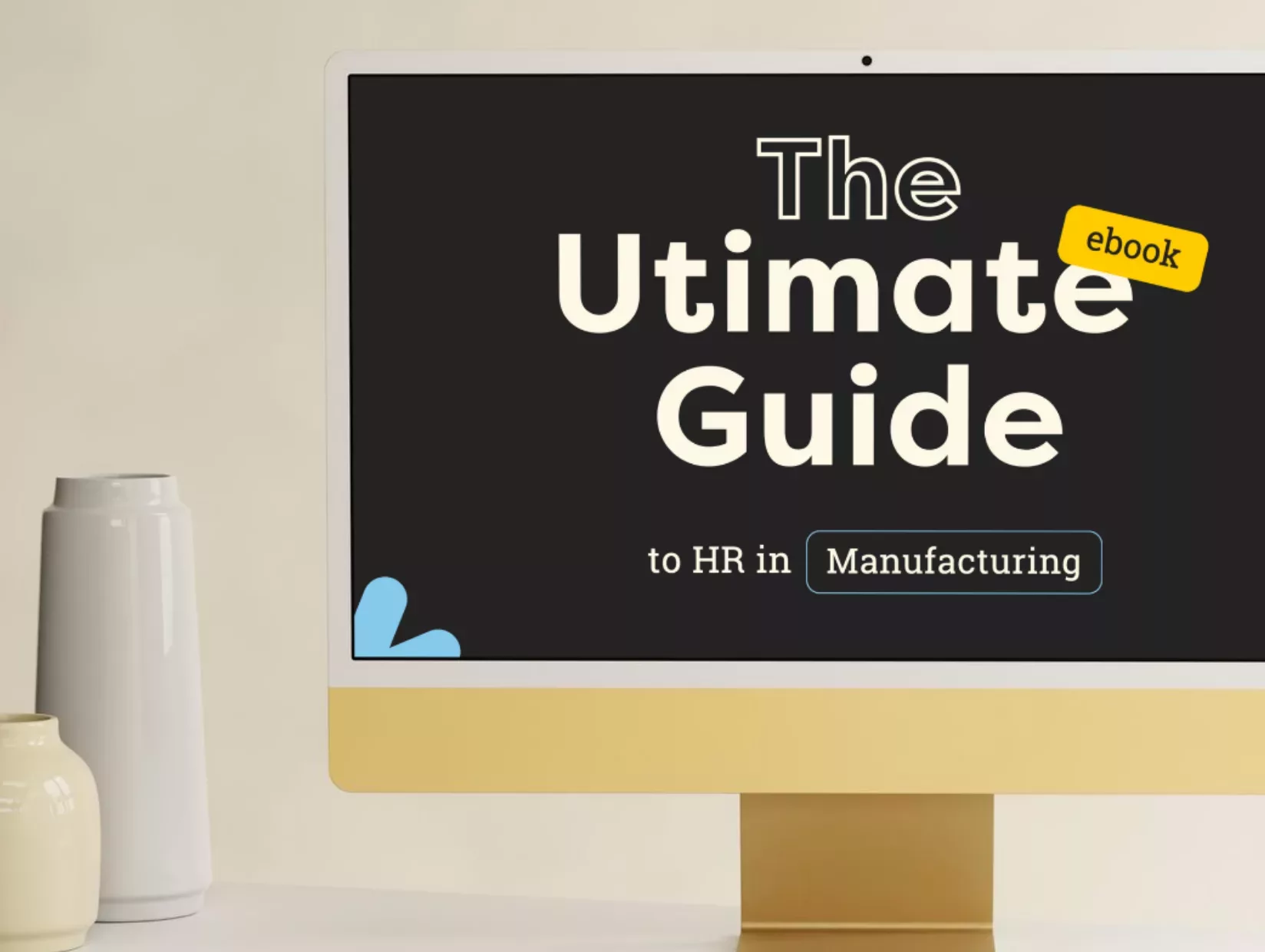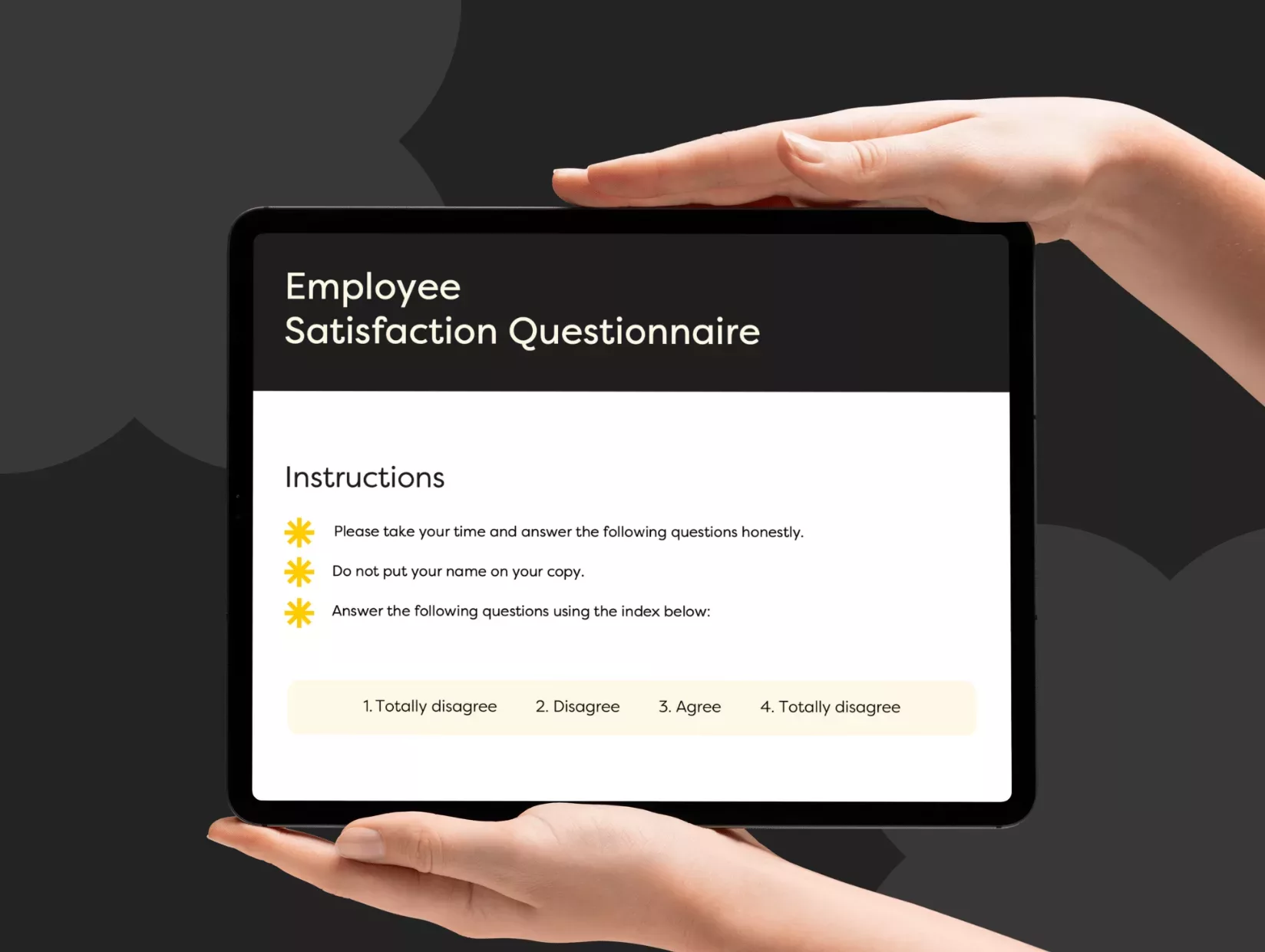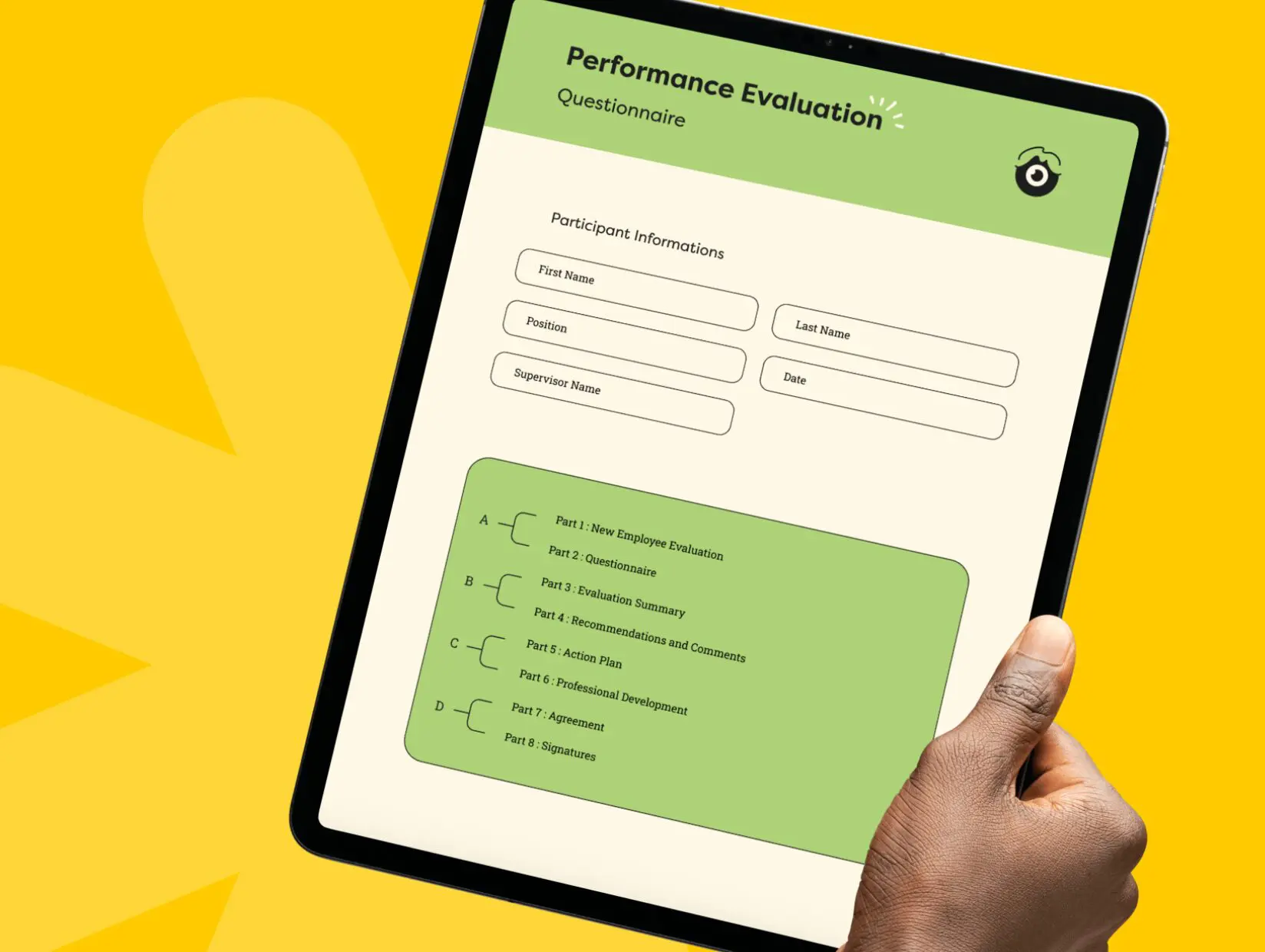Probation Review Software to Support New Hire Success
Structure your probationary periods with clarity and confidence using Folks’ employee probation review solution. Assess skills, identify development needs, and build a strong foundation from day one.

Use an Intuitive and Effective Probationary Review Software
The probation period is a critical phase in every new hire’s journey. With Folks’ probation review software, HR teams and managers can evaluate performance with consistency and structure, while keeping the employee experience front and center.

Probationary Reviews
Customize Your Probation Review Criteria
Create tailored probation evaluations based on job roles, key competencies, and your company’s expectations. Assign forms, track completions, and store every review in the employee’s profile for easy access.
Stay organized and compliant, without extra administrative work.

Probationary Reviews
Foster Engagement and Clarity Early On
Folks’ employee probation review solution promotes transparent conversations between managers and new employees. From clarifying expectations to identifying strengths and improvement areas, it sets the tone for a productive and trusting working relationship. Ensure better retention and smoother onboarding for your new hires with effective probation review processes.

Probationary Reviews
Centralize Information on Employee Performance & Development
Folks offers all the performance evaluation methods you need for a strategic view of your employees’ performance. When you choose our comprehensive performance management software, you’ll benefit from :
- A results summary feature to keep track of all your appraisals, with filtering by employee and department;
- Peer, manager and self-assessment forms for 360-degree performance management;
- A feature dedicated to probation reviews;
- Automated reminders and complete visibility on the progress of each appraisal process;
- Individual objectives tracking for strategically relevant talent management.
And much more, all on a powerful, easy-to-use platform! What are you waiting for to discover our key features in action?
HR Software Solutions Built for YOU
Simplicity
Benefit from a user-friendly platform designed by people who understand HR challenges.
Flexibility
WE adapt to your processes and reality — not the other way around.
Customization
Need something unique? We're always open to feedback and improvements.
Innovation
Our HR dashboard is one-of-a-kind. Monitor performance at a glance.
Data Security
Your data is protected with cutting-edge encryption.
24/7 Access
View and update profiles anytime, from anywhere.
Paperless Operations
Say goodbye to physical files and paperwork… for good.
Accessible HR Management
Manage HR processes, even without a dedicated HR manager.



Request a demo
From recruitment to onboarding, training, and performance management, discover complete HR solutions to streamline every aspect of your employee experience.
Explore our HR features!
Enhance your employee experience and HR operations at every stage.
"*" indicates required fields


